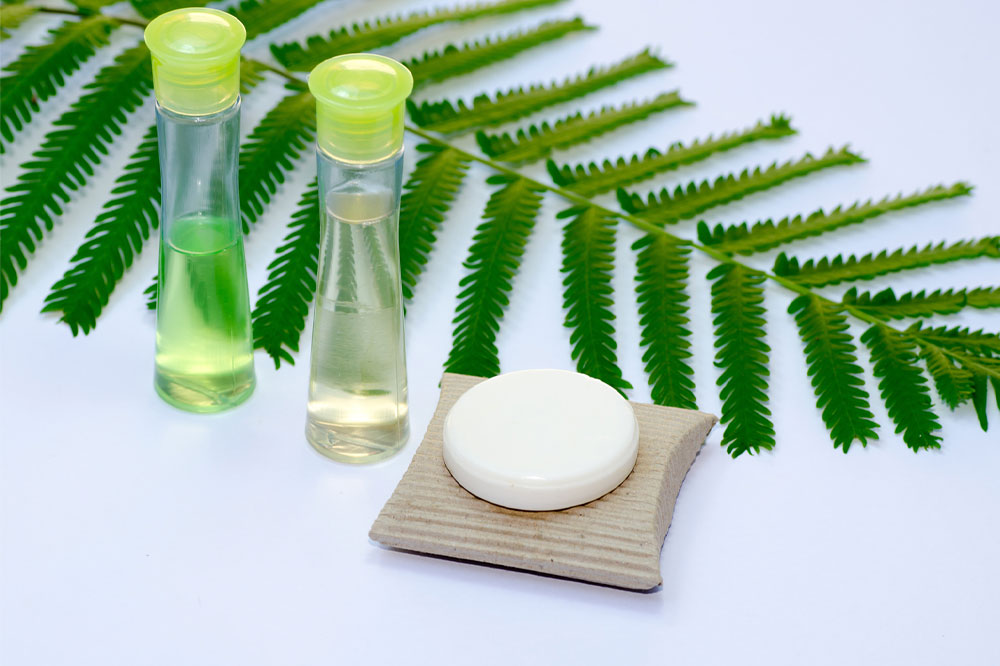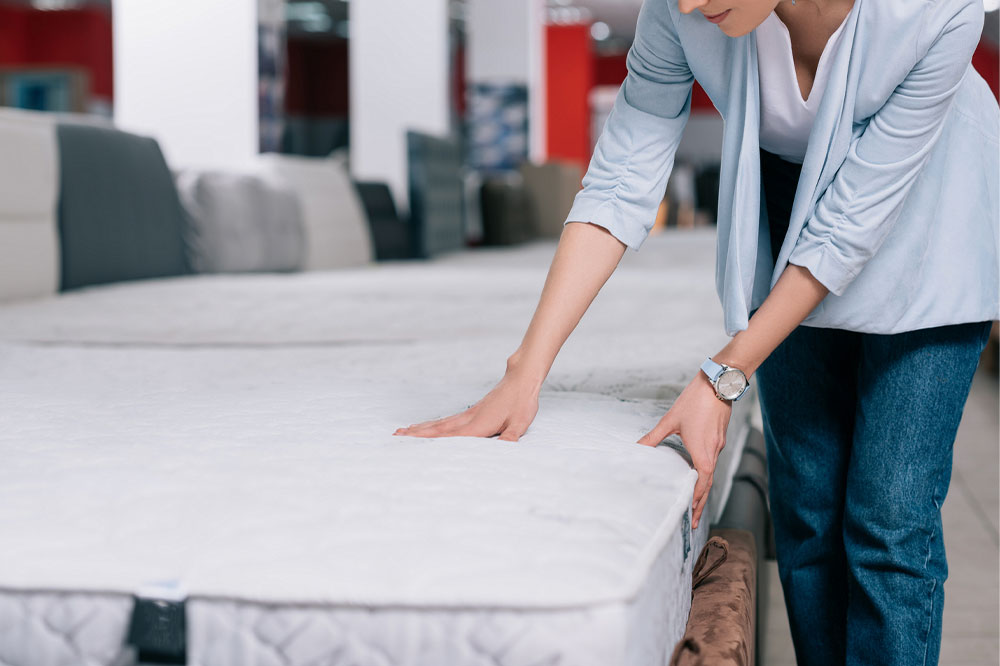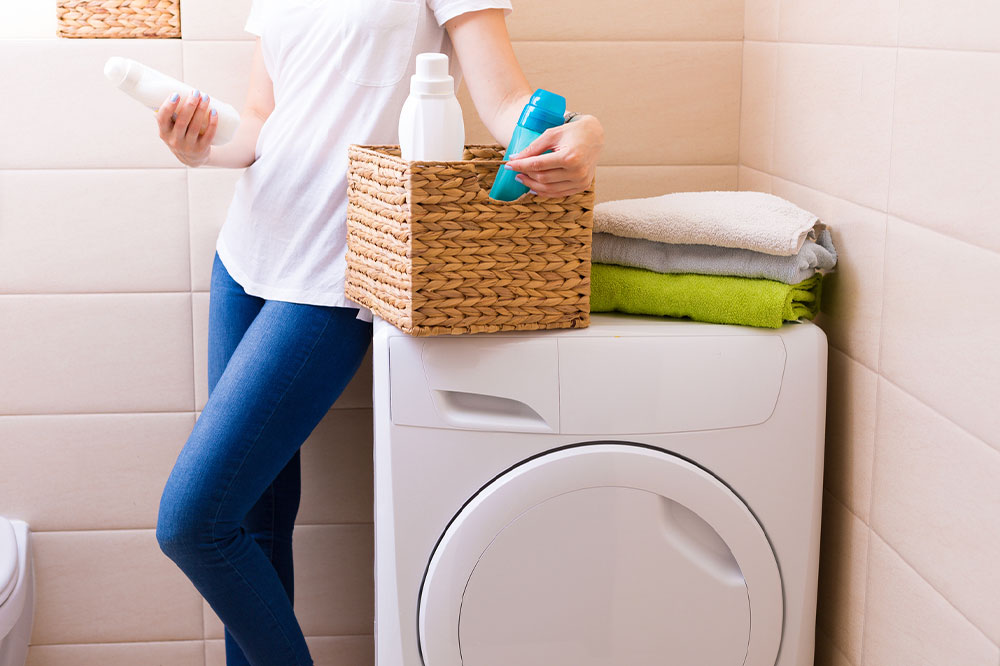6 Tips to Find Soaps for Eczema-affected Skin

Eczema is a skin condition that makes the skin extremely dry and flaky with no particular cause or cure. There are different types of eczema, but the most common type is atopic dermatitis. Around 30% of the population in the country has this skin disease. It mainly affects children below the age of 5. In some cases, it develops well beyond that age and disappears during adolescence. For others, it continues till adulthood.
Managing eczema
Managing the symptoms of eczema can be tricky. People with eczema have susceptible skin that reacts to even the slightest allergic trigger. Careful maintenance of the skin is essential to avoid these immune reactions.
Since there is no known cause for the disease, any chemical, dust particles, clothes, or even sweat could make the symptoms worse. For each person, the allergen can be different. In some people, using any chemical product on their skin can worsen the symptoms. For such skin types, choosing a soap might be a great dilemma. Not every skin is compatible with every soap; hence you must be careful in selecting the right soap.
Here are some expert tips to help you choose the suitable soap.
Avoid soaps that disrupt your skin’s pH level
Normal skin has an acid mantle barrier. It has a pH level of 5 on average. This acidic barrier keeps the allergens and bacteria away from the skin. When this pH level of the skin is disrupted, the acid mantle barrier is weakened. Body washes, soaps, and cleansers that increase or lower this pH level must be avoided.
Whenever you buy a soap bar, check for the pH level. The soap is safe for your skin if it is between 5 to 6. But if the pH level exceeds this, you might have to reconsider the product.
Go for fragrance-free soaps
Using any synthetic fragrance can make the eczema symptoms resurface on your skin. You can go for alternatives like odorless soaps.
A person with eczema might have a damaged skin barrier. When fragrant products are used over this type of skin, the chemicals used in them might enter the skin quickly and cost continuous itching and irritation.
Do not use lanolin soaps
Lanolin is wool wax derived from sheep’s wool. It is used in face care and lip care products such as soaps, creams, and lipsticks. Apart from this, it is used in the health industry widely. It is a glossy substance used as a lubricant in brass instrument tuning. Lanolin isn’t found in all products as a raw material. It is instead hydrolyzed, and the obtained alcohol is added to products. This lanolin alcohol can extensively damage eczema-affected skin.
Look at the ingredients of your soap for lanolin or lanolin alcohol and avoid them. Refrain completely from using lanolin-rich soaps.
Test a soap or cleanser before you start using it
Choosing a suitable soap for eczema can be a pretty demanding task. It takes years to pinpoint the possible triggers for your allergy, and most people usually experiment with different soaps before finding the right one.
Testing a soap on allergic skin should be done carefully. It should spot both immediate and delayed allergic reactions.
But in the case of soaps, every ingredient can’t be individually tested. Wet the soap bar and rub it slightly on your wrist. Wash your wrist and pat it dry with a towel. Cover the area for the next 48 hours.
The same testing procedure goes for a cleanser. Rub it on your wrist, wash it off, dry your wrist, and wait for 48 hours. If there is any discomfort, prick, or swelling, seek professional advice and avoid using the product further. If your skin is fine after 48 hours, choose that soap or cleanser for daily use. You can also keep in mind the chemicals that are allergic to you from the patch test and bypass products with those chemicals.
Look for soaps with natural ingredients
Soaps or body washes, or cleansers with natural ingredients like oatmeal, aloe vera, and coconut oil, can protect your skin from intense drying and provide it with the needed moisture.
Oatmeal keeps moisture locked in the skin after a shower. Choosing soaps made out of oatmeal or as an ingredient can have the same effect on your skin.
Aloe vera is an emollient that relieves skin from its dry and itchy state. Aloe vera soaps, body washes, and skin cleansers all have the same effect on eczema skin. You can also try using dry aloe vera and regular (non-allergic) soap.
Coconut oil soaps are commonly found in the market and are a wonderful option for skin types prone to eczema. This is because it kills microbes in wounds and heals them.
Find out what you are allergic to
Doing a patch test on your skin can help you determine what substances cause allergies to your skin and which are skin-friendly. This can be done for most chemicals that cause allergies in people with eczema. The set of chemicals used in the test is based on previously recorded ones.
However, there might be some chemicals that aren’t used in the trial but are not good for eczema-affected skin. You might have to ask your dermatologist to perform advanced skin tests to look for those chemicals.
A patch test is a skin allergy test. In this test, your skin is exposed to various materials and chemicals to know your skin’s reaction to them. Tiny circular patches of plastic are pasted on the patient’s back. These circular patches contain the testing chemicals in small amounts. They stay there for approximately two days. Then it is removed, and another set of patches is placed in the same spots. The process continues for seven sessions through which the pasted areas are observed and recorded.
The readings and the skin reaction to the chemicals determine if a person is slightly, moderately, or highly allergic to certain chemicals.
This test might help you avoid soaps and cleansers with excess ingredients you’re allergic to.
Some final words
The above tips might help you keep a check on the symptoms and give temporary relief from the disease. Consulting a dermatologist and getting your skin tested will give you an idea of what’s happening inside your skin membrane and what products you can use safely.


